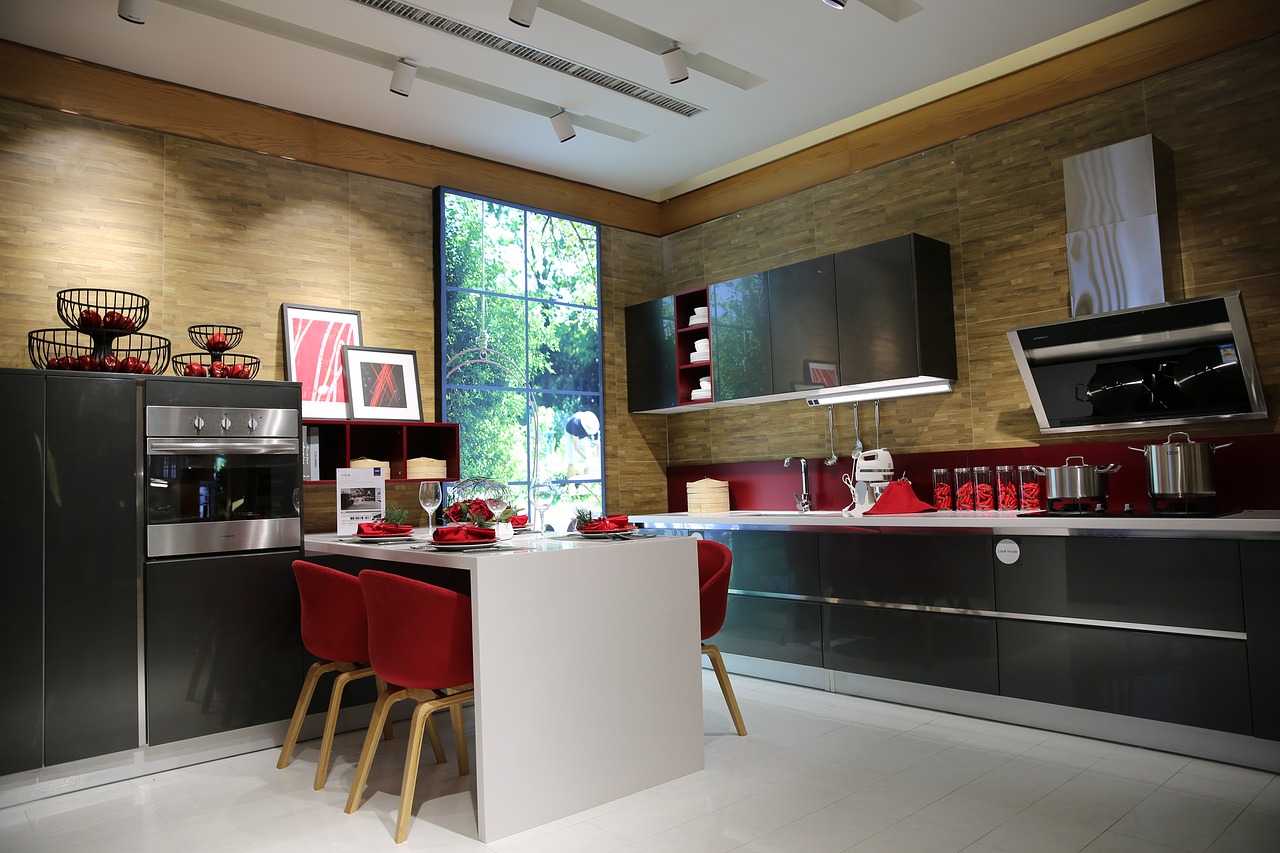Moving your kitchen items to a new home is exciting and challenging at the same time. The fun part is that it gives you a chance to arrange your new kitchen in a design that reflects your style without any unnecessary clutter. For most people, the stress usually comes from having to pack and unpack all the fragile items in the kitchen. If you do it without a plan, you’ll end up with damaged items that will take time to find and cost more money to replace. To help you pack and unpack your kitchen like a pro, here are some tips to follow.
1. Resist the urge to pack and unpack everything
It’s easy to think you need every single thing in your kitchen. But, your new kitchen should be clutter free. Avoid packing spices and foods that have less than a month until they expire. Also, you can give your neighbor or sell some of the kitchen items that are either outdated or rarely used.
The trick is to de-clutter before moving so that you only have usable items and cut on transportation cost. Instead of unpacking everything, start with the essential items and leave those less frequently used (like seasonal serving platters) in their packing boxes until when you need to use them.
2. Start with delicate items
Delicate appliances and utensils can be damaged when packed in a rush or last minute. During packing and unpacking cheapmovershouston.net recommends starting with small and fragile items first, then finishing with large and heavy appliances. This strategy also works to prevent you from getting too tired at an early stage.

3. Go with an order that makes sense
From spices, foods, utensils, dinnerware, pots, pans to appliances; there’s so much that your kitchen needs to be functional. You can pack and unpack spices then move to dinnerware then pots. Go with an order that makes sense to you. But, pack similar items in the same boxes.
For instances put all spices and herbs in one box and all cereals in another. Don’t forget to label each box in writing that is visible a few meters away. When unloading ask the movers to put boxes in an order that will make sense to you. This will prevent time wastage when you have to open each box or read each label to see what stuff is inside.
4. Use proper supplies
Dinnerware is fragile and heavy. Pack them in heavy-duty boxes to give extra support. Add a bubble wrap, hand towels or use old newspapers to protect your items from chipping. Include boxes with dividers to easily separate the items.
Packing and unpacking -especially in these modern times where most kitchen items are delicate- doesn’t have to be stressful or consume time and energy. Professional movers are always available to help. However, if you prefer to do the kitchen packing and unpacking by yourself, then these tips can act as a checklist and make your move more of an adventure and less like an emotional experience.



